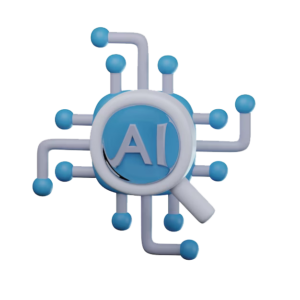
Fascinating Examples of AI in Everyday Life
Fascinating Examples of AI in Everyday Life: Modern technology has infused artificial intelligence (AI) into every part of our lives, oftentimes without our knowledge. Artificial intelligence (AI) has already permeated every aspect of our lives, from tailored recommendations on streaming services to voice assistants that simplify our tasks. Let’s look at some fascinating examples of AI in real-world applications:
Virtual assistants—like Siri, Alexa, and Google Assistant—have fundamentally altered how we utilize technology. These AI-powered assistants can organize appointments, send reminders, offer weather updates, and even control smart home appliances with only a voice command.

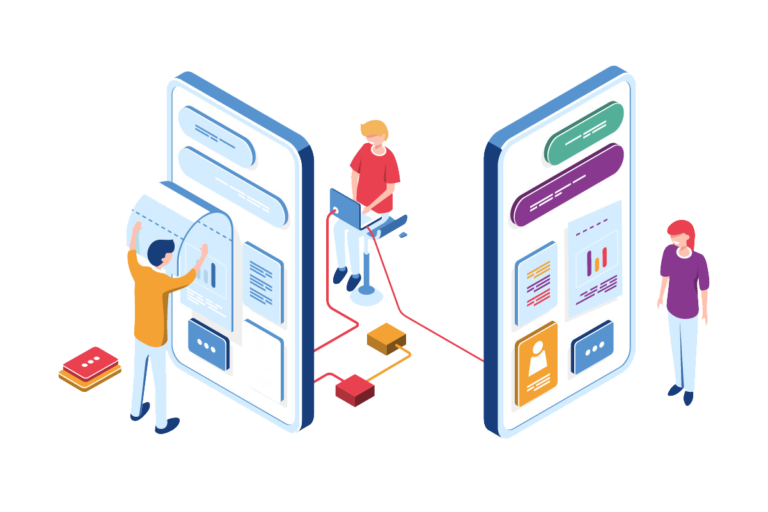
Artificial intelligence (AI) algorithms look at our preferences and usage habits to provide tailored recommendations on websites such as Spotify, Netflix, and Amazon. This customized approach enhances the user experience and maintains our interest in relevant content.
Self-driving cars employ artificial intelligence (AI) technologies, such as computer vision and machine learning, to traverse roads, detect dangers, and make decisions in real-time. Two of the industry’s top innovators are Tesla and Waymo.
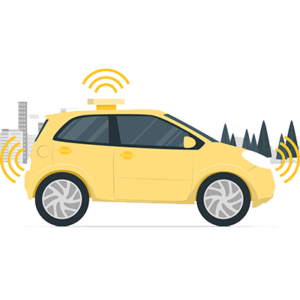
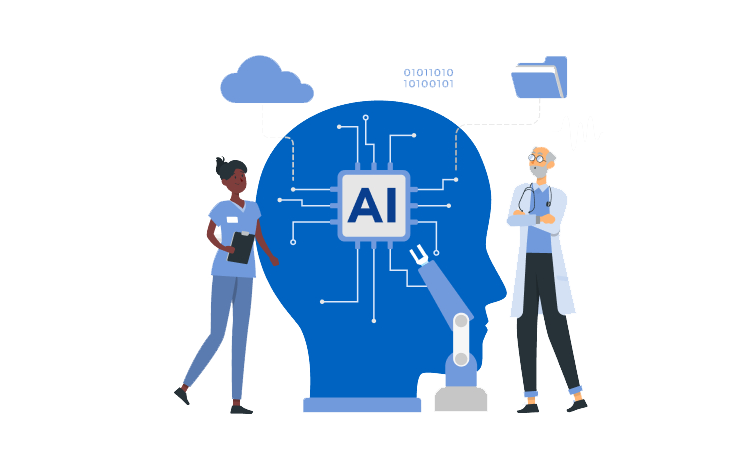
Healthcare is transforming thanks to artificial intelligence, which is facilitating illness detection and planning. Medical imaging analysis and personalized medicine are two areas where AI systems are enhancing patient care and outcomes.
Artificial intelligence (AI)-powered security cameras and smart thermostats can recognize our preferences and routines. These devices increase convenience, energy efficiency, and home security.
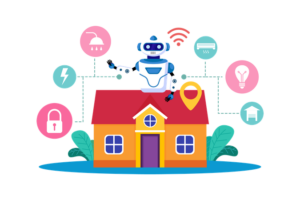
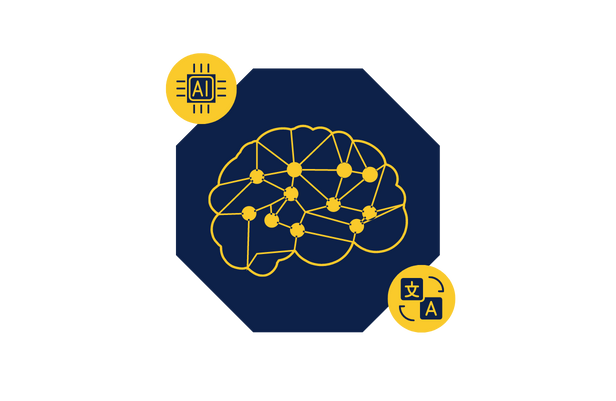
AI-powered language translation programs, like Google Translate, use deep learning algorithms to provide accurate translations in real time for a variety of languages. The development of technology has eliminated communication bottlenecks and allowed for global connectedness.
Financial institutions use artificial intelligence (AI) algorithms to spot fraud and protect customers from identity theft and financial fraud. These tools scan massive amounts of data to identify suspicious tendencies and halt fraudulent transactions.
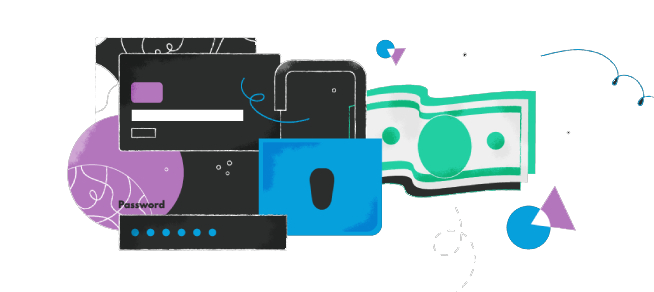
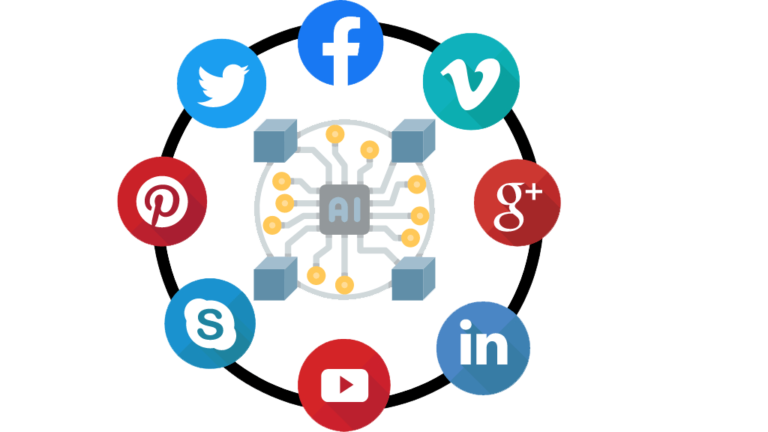
Social media sites like Facebook and Instagram personalize our newsfeeds based on our interests, interactions, and activities by using AI algorithms. By regulating the content we see on social media, these algorithms enhance user interaction.
In conclusion, artificial intelligence has improved ease of use, efficacy, and customization in many areas of our lives. With the advancement of technology, artificial intelligence (AI) will become more and more ingrained in daily life, creating new opportunities and altering how we interact with the environment. Embracing these technological advancements might lead to a more creative, astute, and interconnected future.
